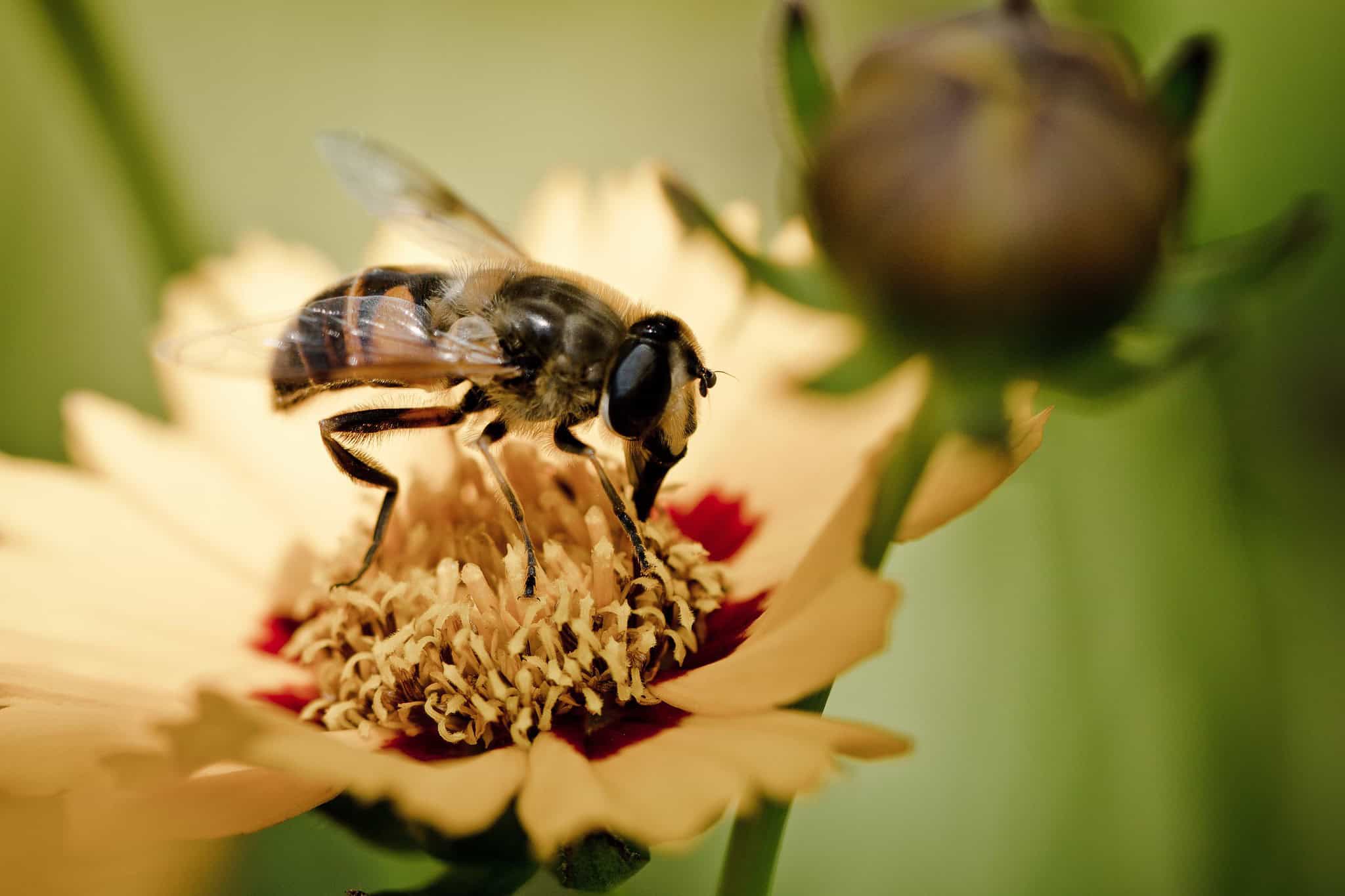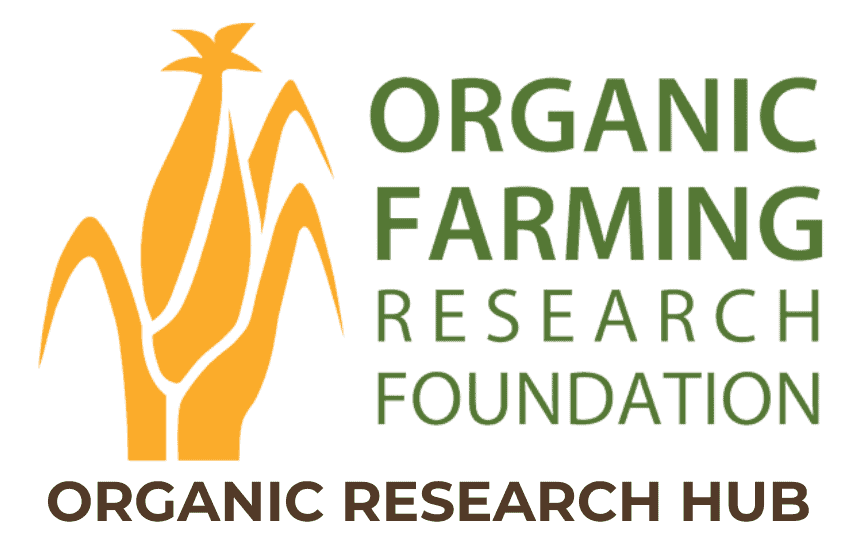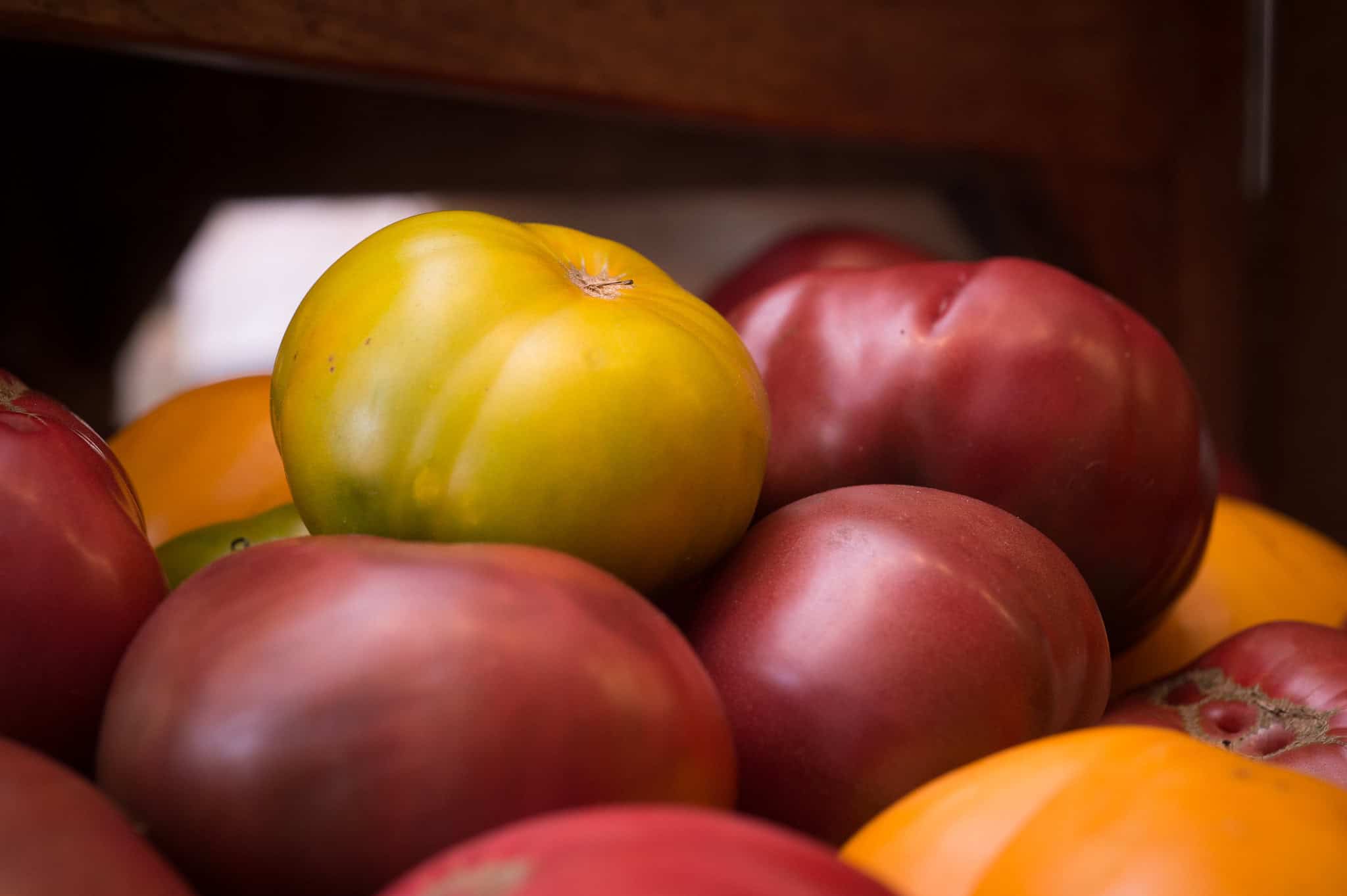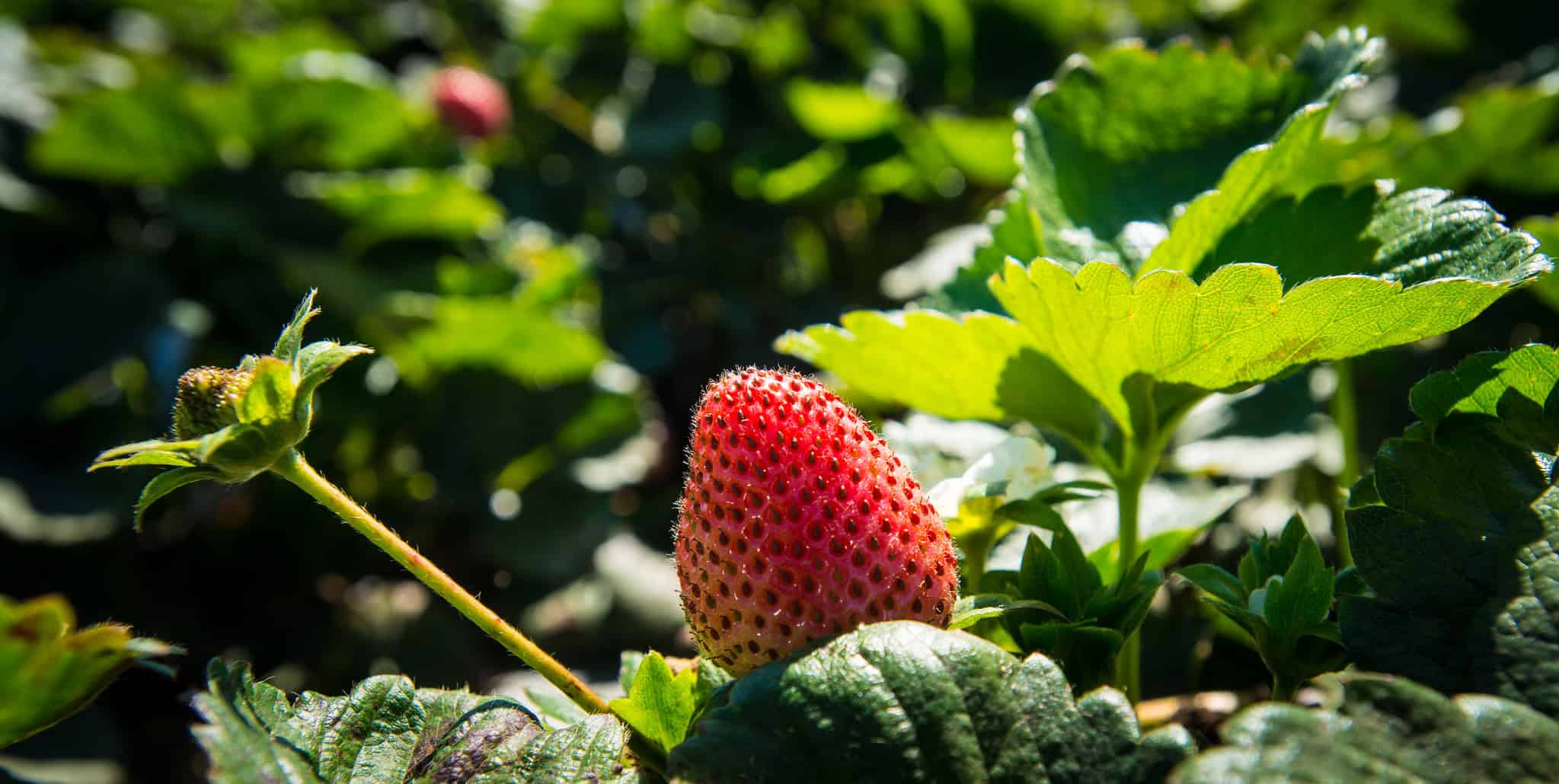Pollinator conservation strategies for organic seed producers
Eric Mader, Xerces Society for Invertebrate Conservation

Organic seed producers are facing new challenges. In recent years, several bee-pollinated seed crops, such as alfalfa, canola, and cotton, have become central to discussions about crop sovereignty and seed security. The organic production of these and other seed crops is increasingly threatened by undesirable outcrossing from GMO and non-organic crop varieties.
This issue is further complicated by the behavior of honey bees, which forage over wide areas and are often transported long distances to pollinate various crops. In contrast, native bees, which forage within shorter distances, provide a functional alternative for seed producers by allowing them to reduce reliance on managed pollinators and exercise better control over their pollination needs.
Additionally, the vast diversity of organic crop varieties requires a wide range of pollinator species. While honey bees are valuable generalist pollinators available in large numbers, specialist native bees, such as squash bees in cucurbits and bumble bees in heirloom tomatoes, have been shown to significantly enhance seed yields.
This project has developed pollinator conservation training materials specifically designed for organic seed producers. The training is being delivered through various channels, including web, print, classroom, and partner organizations.
Region
Northwest
Topic
Conservation and Habitat
Category
Vegetables/Fruits, Herbs/Flowers
Date Range
2011-2020
Funding Amount
$12,500
Funding Year
2011Location
Portland, Oregon



